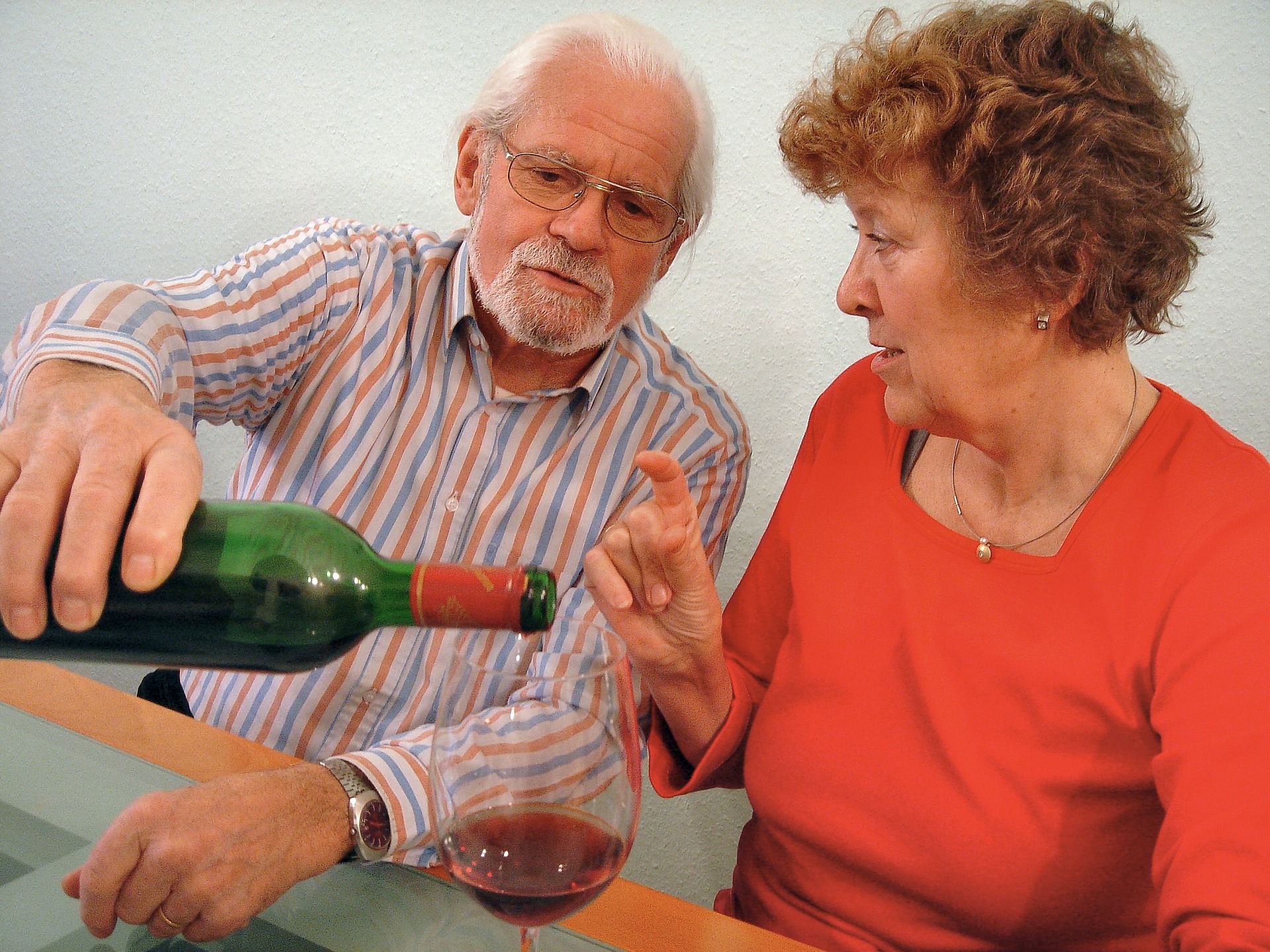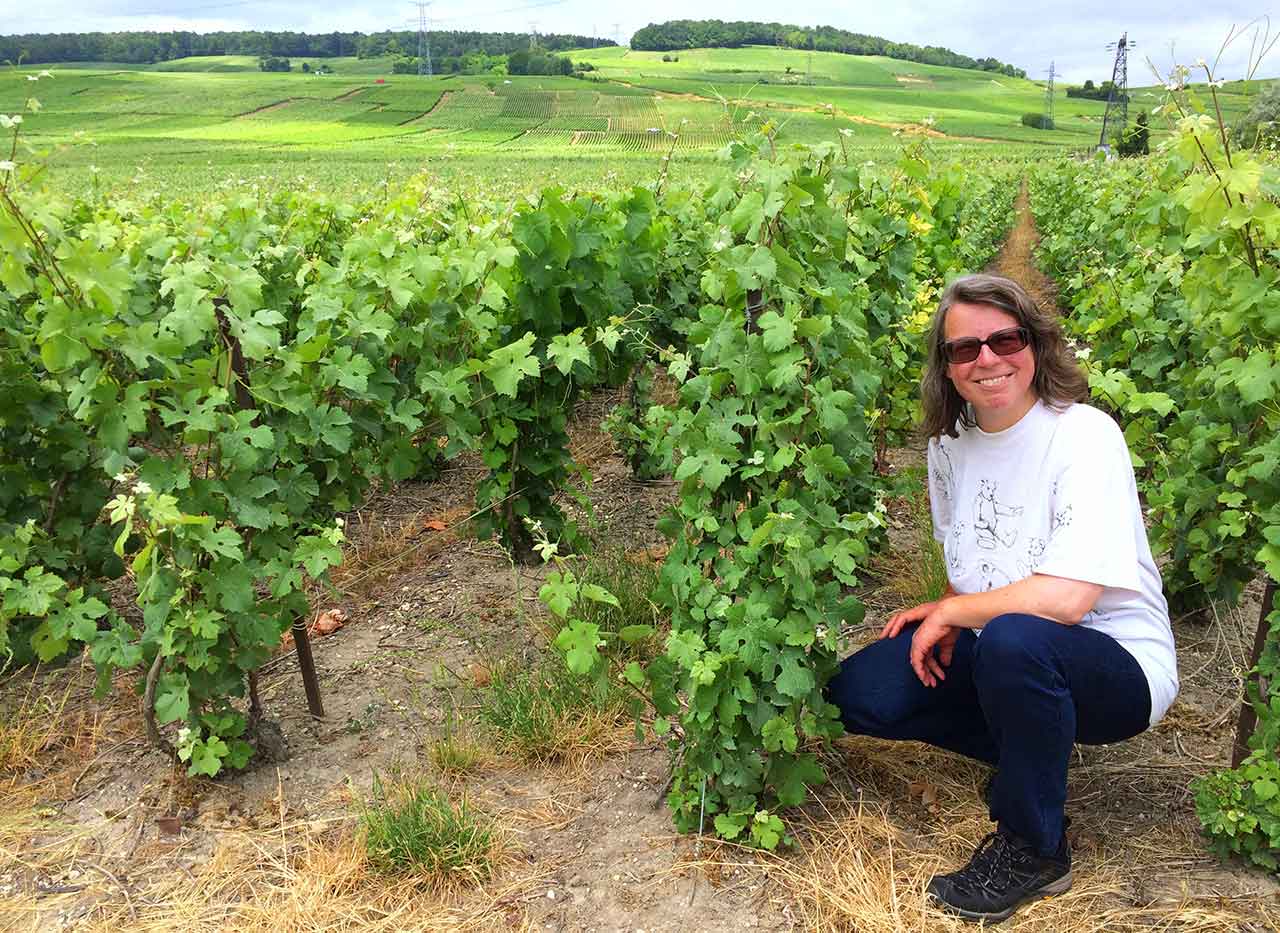Many of us enjoy a glass of wine be it white or red throughout the year but why can it affect us more as we go into the perimenopause and menopause – a stage in all women’s lives that happens as hormone levels drop?
Current guidelines state that to minimise health risks you shouldn’t drink more than 14 units of alcohol per week and if you drink near this amount, you should spread it out, not binge and drink it all at once. So, we need to be careful.
As we age, we become more sensitive to alcohol and our body holds less water - so any alcohol you consume is less diluted. This perhaps explains why hangovers are worse the older you get.
Some women find that alcohol, particularly red wine, triggers hot flushes and night sweats (a common side effect of lowering hormone levels in the perimenopause and menopause), though the evidence is mixed. Alcohol causes vasodilation (a widening) of the blood vessels and some women are also histamine intolerant (Note: recent research has shown histamines are found in wines at low levels), which has the result of both causing hot flushes and night sweats when you drink alcohol.
Women also have less alcohol dehydrogenase, an enzyme to process alcohol, than men, and the level reduces as we age, so we don’t process alcohol as efficiently.
So how can you still enjoy a glass?
Try the following:
• set yourself a reduced drink limit and start counting your weekly units
• buy smaller glasses to drink your alcohol from
• have a few drink-free days every week and plan them in advance
• on days when you are going to drink, delaying the first glass by a couple of hours can reduce the overall amount consumed in an evening
• remember to stay hydrated and don’t drink on an empty stomach
• finally, at home stick to drinking only at dinner time.
You can find more advice about alcohol and the menopause on the balance website, while the free balance menopause support app allows you to log your daily food and drink, and track symptoms.
 Jo Sewell is a GP and menopause specialist and works for Newson Health Menopause and Wellbeing Centre, she also has an interest in lifestyle medicine.
Jo Sewell is a GP and menopause specialist and works for Newson Health Menopause and Wellbeing Centre, she also has an interest in lifestyle medicine.





